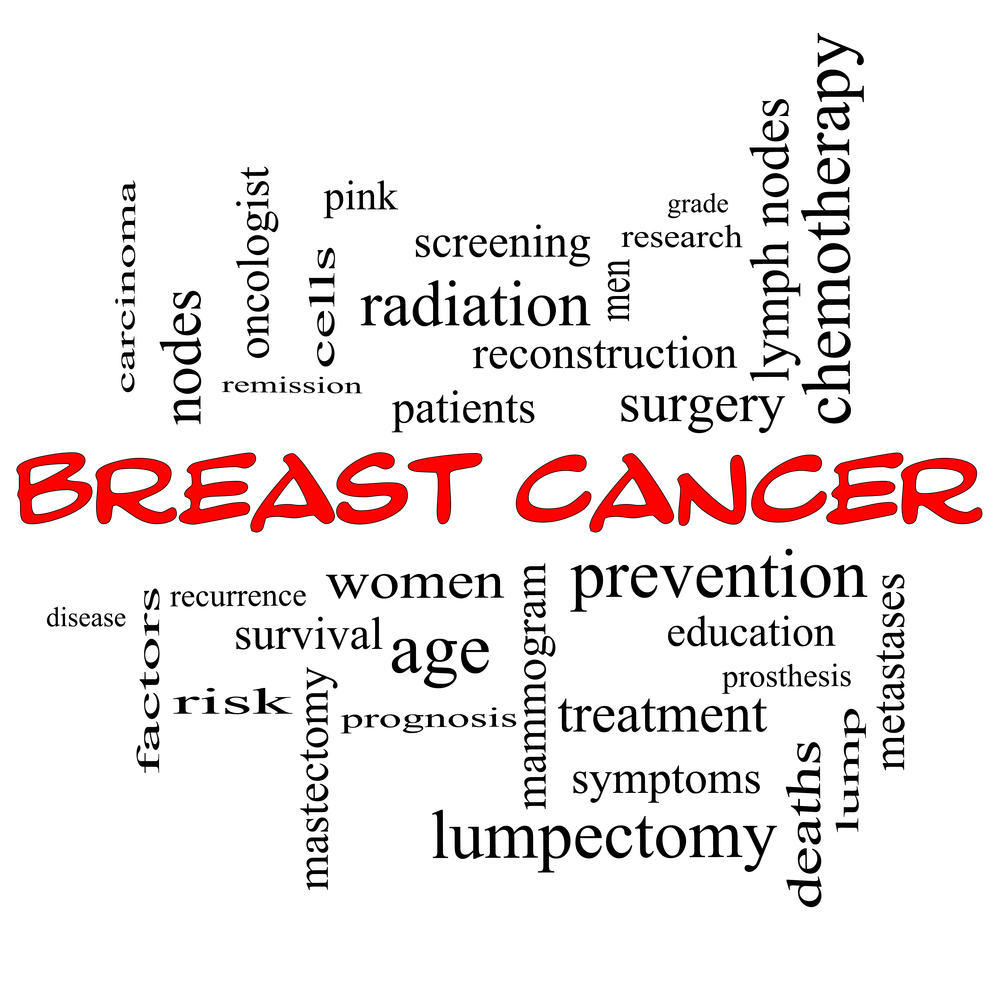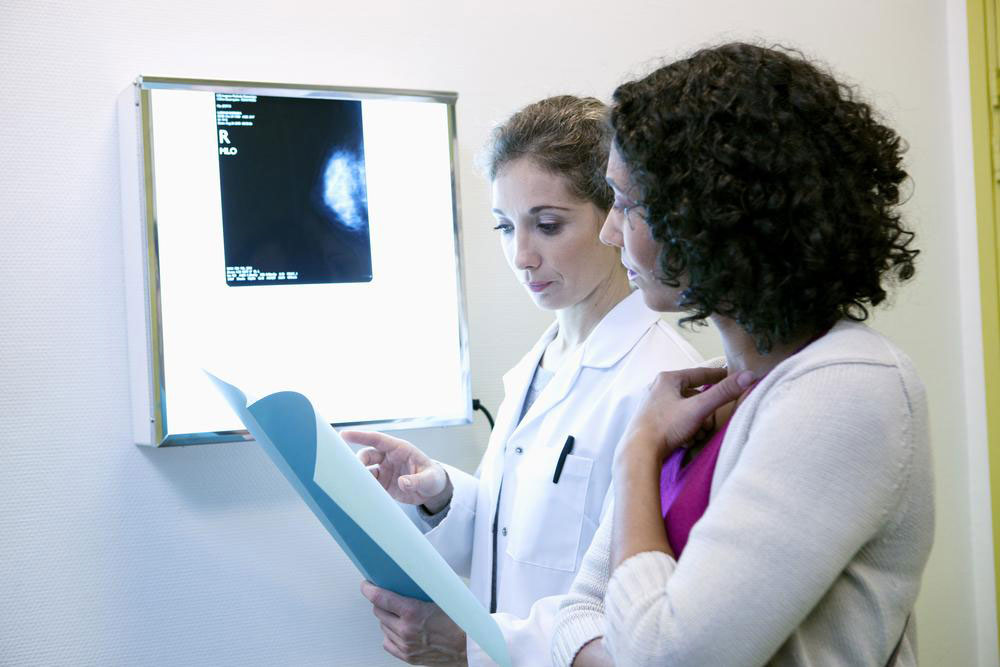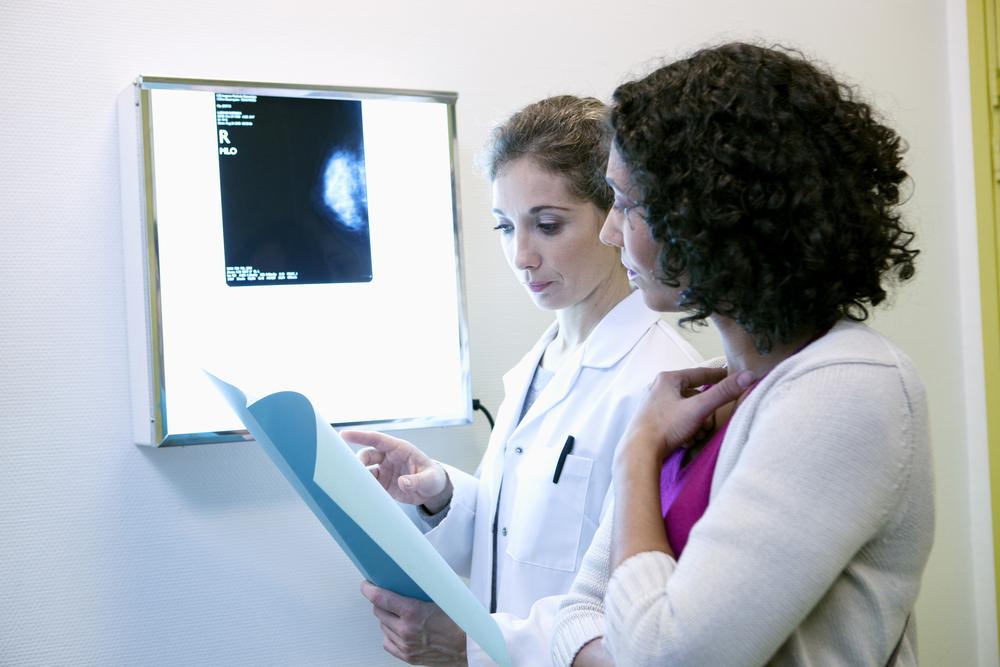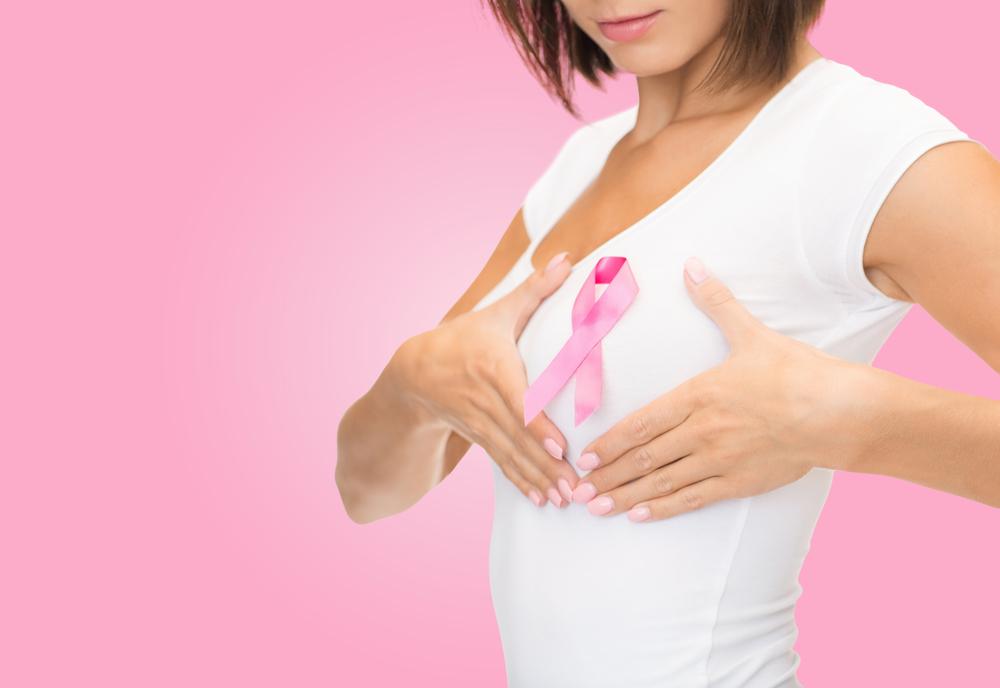Factors Influencing Breast Cancer Risk in Mothers
This article explores how pregnancy and childbirth factors influence maternal breast cancer risk. It highlights the potential effects of gestation length and offspring birthweight, emphasizing increased risks associated with longer pregnancies and larger babies. The findings deepen understanding of hormonal and biological pathways involved, aiding women and healthcare providers in assessing risk factors related to reproductive history.

Understanding Breast Cancer Risks in Women with Children
Background
Parity and age at first childbirth are recognized as key factors affecting breast cancer risk. However, the impact of other pregnancy-related characteristics remains uncertain and findings across studies are inconsistent.
Methods
In a large UK cohort of 83,451 women who had given birth, detailed pregnancy and potential confounders were recorded. Researchers examined how gestation length and offspring birthweight relate to maternal breast cancer risk, considering both reproductive and non-reproductive factors.
Results
Shorter gestation of the first child was linked to a decreased risk of pre-menopausal breast cancer, with longer pregnancies associated with higher risks (trend p=0.03). Mothers of high birthweight babies (≥4500g) showed increased breast cancer risk (HR=1.53). Overall, gestation and birthweight of recent births showed no significant effects. Similar results were observed without extensive adjustments.
Conclusion
The findings suggest that shorter pregnancies, especially in prior births, may elevate breast cancer risk, potentially due to hormonal effects during early pregnancy stages. Additionally, higher birthweight may be linked to increased risk through hormonal pathways involving estrogen and insulin-like growth factors.










